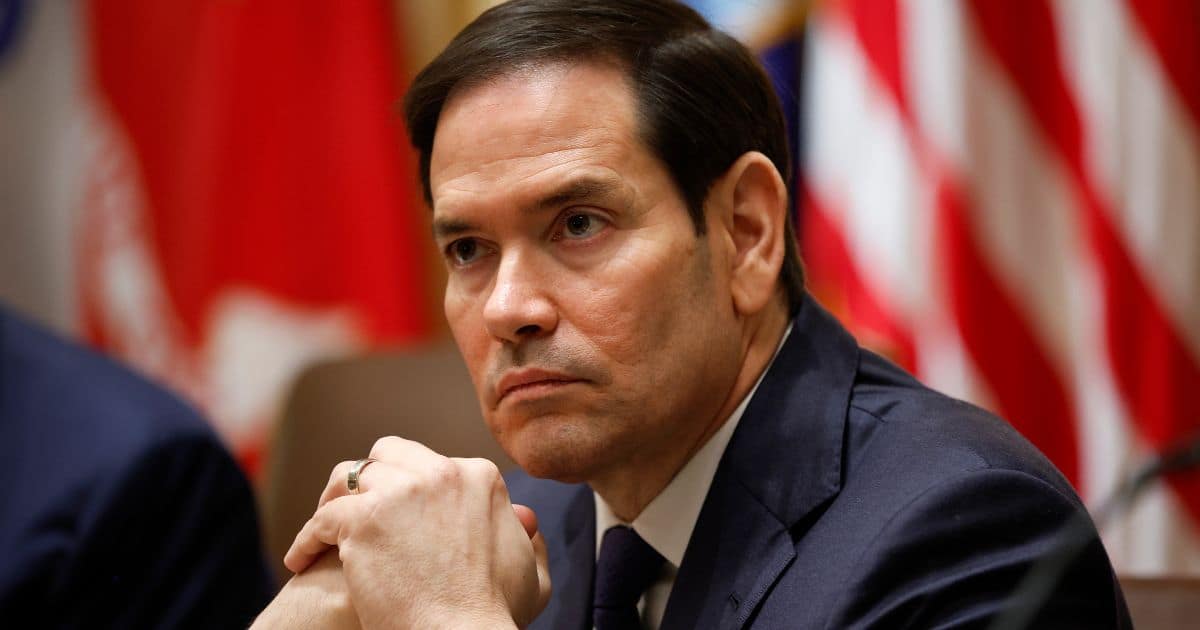In a startling revelation, a recent investigation by Indicator has exposed 101 TikTok accounts that impersonated major media outlets such as CNN, Telemundo, and the BBC to disseminate misinformation to millions of users. These accounts, though not technologically sophisticated, leveraged recognizable media logos and generic usernames like ‘breaking_us’ or ‘foxnews915’ to create an illusion of credibility. Their deceptive tactics proved alarmingly effective, amassing a combined following of 5.5 million users. The content ranged from clickbait headlines to outright falsehoods, including fabricated claims that green card holders were barred from leaving the U.S. and AI-generated avatars of journalists spreading fearmongering stories about child abductions. The issue escalated in September when conspiracy theories and AI tributes flooded TikTok following the Charlie Kirk shooting. While TikTok has removed many of these accounts for violating its policies on AI content and misinformation, the persistent emergence of such hoaxes raises serious concerns. As TikTok increasingly becomes a primary news source for many, the platform faces mounting pressure to curb the spread of fake news and protect its users from deceptive content.
博客
-
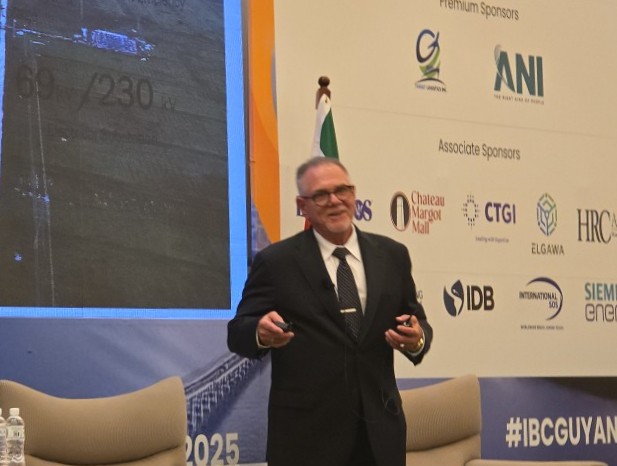
Wales gas-to-energy power plant 68 percent complete after 14-month delay
The ambitious 300-megawatt natural gas-fired power plant in Wales, West Bank Demerara, has reached 68.3% completion despite a 14-month delay caused by extensive soil stabilization efforts. LINDSAYCA Guyana Inc. Chairman Nelson Drake revealed the update during the 2025 International Business Conference, highlighting the US$100 million investment required to prepare the site for construction. The project, initially delayed due to disputes with Puerto Rico-based CH4, is now on track to commence electricity generation between January and March 2026. The soil stabilization process, deemed critical for the project’s success, utilized advanced technology to ensure the site could support the heavy infrastructure, including four main turbine foundations made of 44,000 cubic meters of cement. Drake emphasized the complexity of the project, noting that 89% of engineering, 90.46% of procurement, and 23% of construction have been completed. Over 75% of the equipment, including gas turbines, steam turbines, transformers, and cooling towers, has already arrived in Guyana. The natural gas liquids facility, currently in Houston, is expected to be on-site by year-end. Once operational, the plant will utilize 50 million cubic feet of gas produced by ExxonMobil, generating significant energy savings and reducing electricity costs by 50% for Guyanese households. The project is also projected to contribute US$200 million annually to the Guyana government’s treasury through energy savings and condensate sales.
-

Waar licht en stad samensmelten: een onvergetelijke avond in Chaoyang
The 2025 Beijing Chaoyang International Light Festival has transformed the city into a dazzling wonderland, where light, art, and technology converge to create an unforgettable sensory experience. Held in the heart of Beijing’s Liangma River Cultural and Economic Belt, the festival, themed ‘Shining Galaxy,’ has captivated visitors with its enchanting displays and innovative use of digital technologies. From flying dragons dancing among trees to a luminous opera singer gliding across a shimmering lake, the festival is a testament to the harmonious blend of nature and urban life.
-
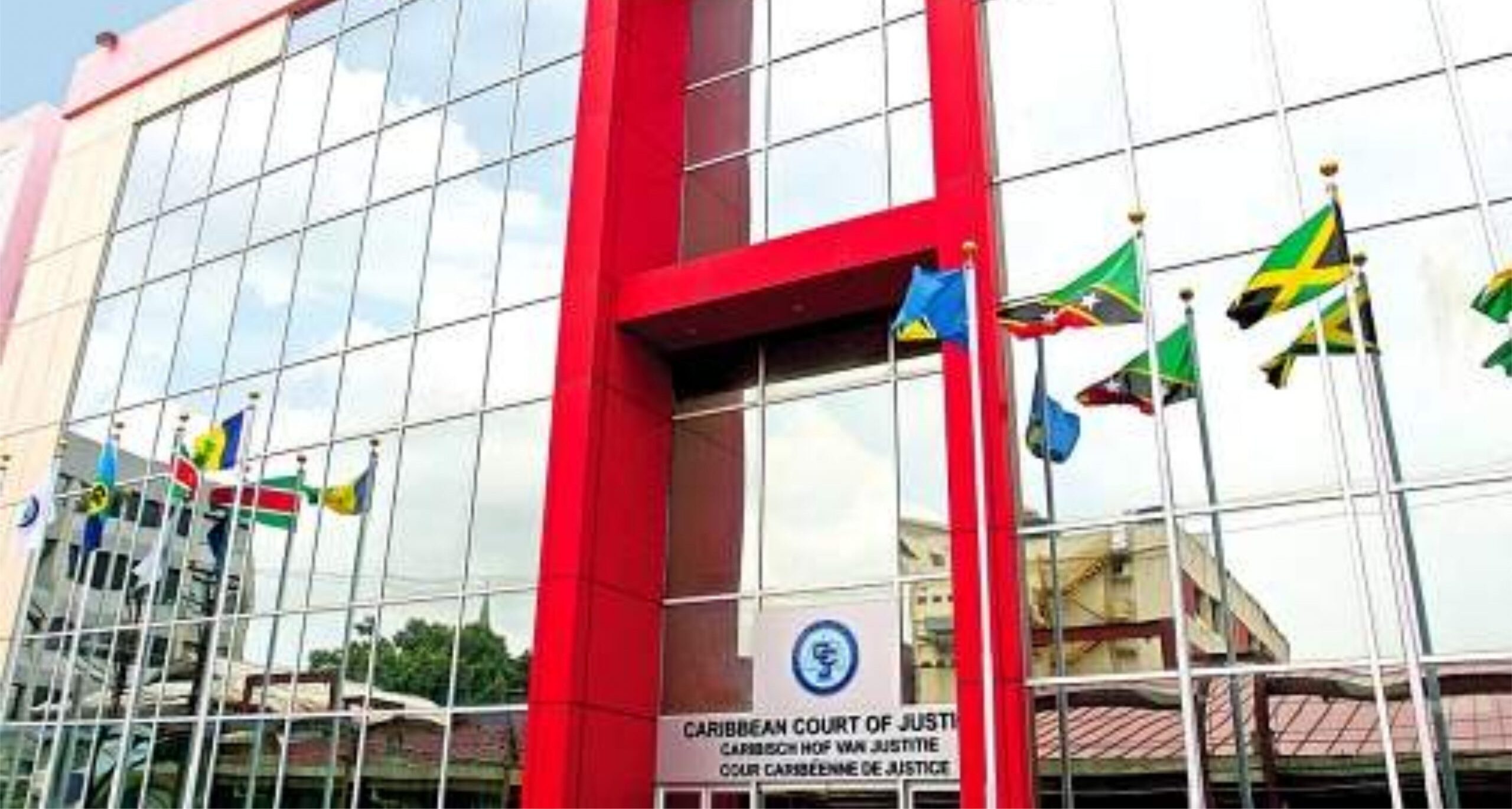
CCJ dismisses Chastanet’s appeal in Hilaire customs case
The Caribbean Court of Justice (CCJ) has definitively dismissed an appeal by Opposition Leader Allen Chastanet, marking the end of a protracted legal battle involving customs charges against Deputy Prime Minister Dr. Ernest Hilaire. The ruling, issued on October 15, 2025, reaffirms prior decisions by Saint Lucia’s High Court and Court of Appeal, both of which had rejected Chastanet’s challenge to the withdrawal of the charges.
The case originated in 2020 when the Comptroller of Customs filed charges against Hilaire under the Customs (Control and Management) Act. The allegations centered on the purported illegal importation of a Land Rover Discovery vehicle following Hilaire’s tenure as Saint Lucia’s High Commissioner in London. In 2021, the newly appointed Comptroller of Customs, Sharman Emmanuel, sought and obtained permission from the Magistrates’ Court to withdraw the case, effectively terminating the proceedings.
Chastanet contested this decision, arguing that the Director of Public Prosecutions (DPP) had assumed control of the case by the time it was withdrawn, thereby stripping the Comptroller of the authority to end it. However, the CCJ rejected this argument, stating that there was no concrete evidence to support the claim that the DPP had formally taken over the prosecution. The court emphasized that merely forwarding the case file to the DPP and the involvement of DPP counsel in the proceedings did not constitute a formal takeover.
Furthermore, the CCJ clarified that the magistrate’s decision to grant the withdrawal superseded the Comptroller’s administrative action. As such, any legal challenge should have been directed at the magistrate’s ruling rather than the Comptroller’s initial request. The court concluded that Chastanet’s judicial review of the Comptroller’s decision was legally flawed, bringing the case to a final and irrevocable close. This ruling underscores the lawful execution of the charges’ withdrawal and affirms the integrity of the judicial process.
-

Saint Lucia prepares for La Magéwit Festival in Dennery
The Cultural Development Foundation (CDF) has unveiled plans for the 2025 La Magéwit Flower Festival, set to take place on October 17 in La Resource, Dennery, in honor of the Feast of Saint Marguerite Alacoque. This cherished event, a cornerstone of Saint Lucian cultural heritage, will feature a vibrant array of performances, including traditional songs, theatrical displays, and community-driven festivities. The day will commence with a church service at St Michael’s Parish Church at 10 a.m., followed by a grand cultural parade leading to the La Resource Playing Field, where Marguerite societies and school groups from across the island will showcase their talents. CDF’s Executive Director, Raymona Henry-Wynne, emphasized the festival’s profound significance, calling it a ‘living testament to who we are as a people.’ She highlighted the foundation’s commitment to preserving and celebrating these cultural treasures, which connect the community to its past, present, and future. Ryan Germain, CDF’s Senior Media and Communications Officer, revealed that this year’s event will introduce new creative elements, including theatrical training for participants, to elevate the festival’s appeal while maintaining its authenticity. Germain also underscored the importance of collaboration between cultural and religious organizations, noting that Saint Lucia’s two flower festivals are unique to the island. With strong participation expected from schools, cultural groups, and the diaspora, the festival will be live-streamed on YouTube and Facebook, ensuring global accessibility. The La Magéwit Flower Festival, characterized by its signature purple, blue, and white colors, remains a symbol of Saint Lucia’s cultural resilience and pride.
-
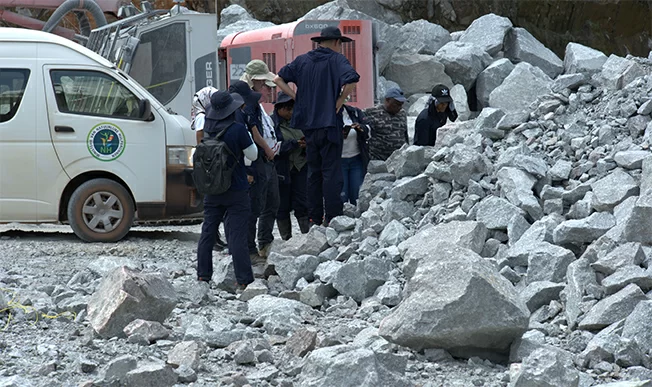
Geologen speuren naar strategische mineralen in Mapane en Phedra
A collaborative geological expedition involving Surinamese and Chinese experts has conducted field research in the Mapane and Phedra regions to investigate the presence of granite and potentially lithium-bearing rocks. Lithium, a globally strategic mineral, is crucial for sustainable energy and the production of batteries for electric vehicles. The research team comprised representatives from the Geological Mining Service of Suriname, the Nanjing China Geological Survey, and students from the Anton de Kom University of Suriname. The expedition, led by Professor Dr. Salomon Kroonenberg in collaboration with GMD head Lindsey Sanné, took place on October 8. During the fieldwork, various rock samples were collected for laboratory analysis. Sanné emphasized that the results will clarify the mineral composition and geological structure of the area. This initiative is part of the ongoing collaboration between Suriname and China in geological research, focusing on knowledge exchange, capacity building, and sustainable resource utilization. Experts suggest that the findings could enhance understanding of Suriname’s mineral potential, which is increasingly significant amid the global energy transition. Countries like Bolivia, Chile, and Guyana are also actively exploring their lithium reserves as part of broader sustainable development strategies.
-
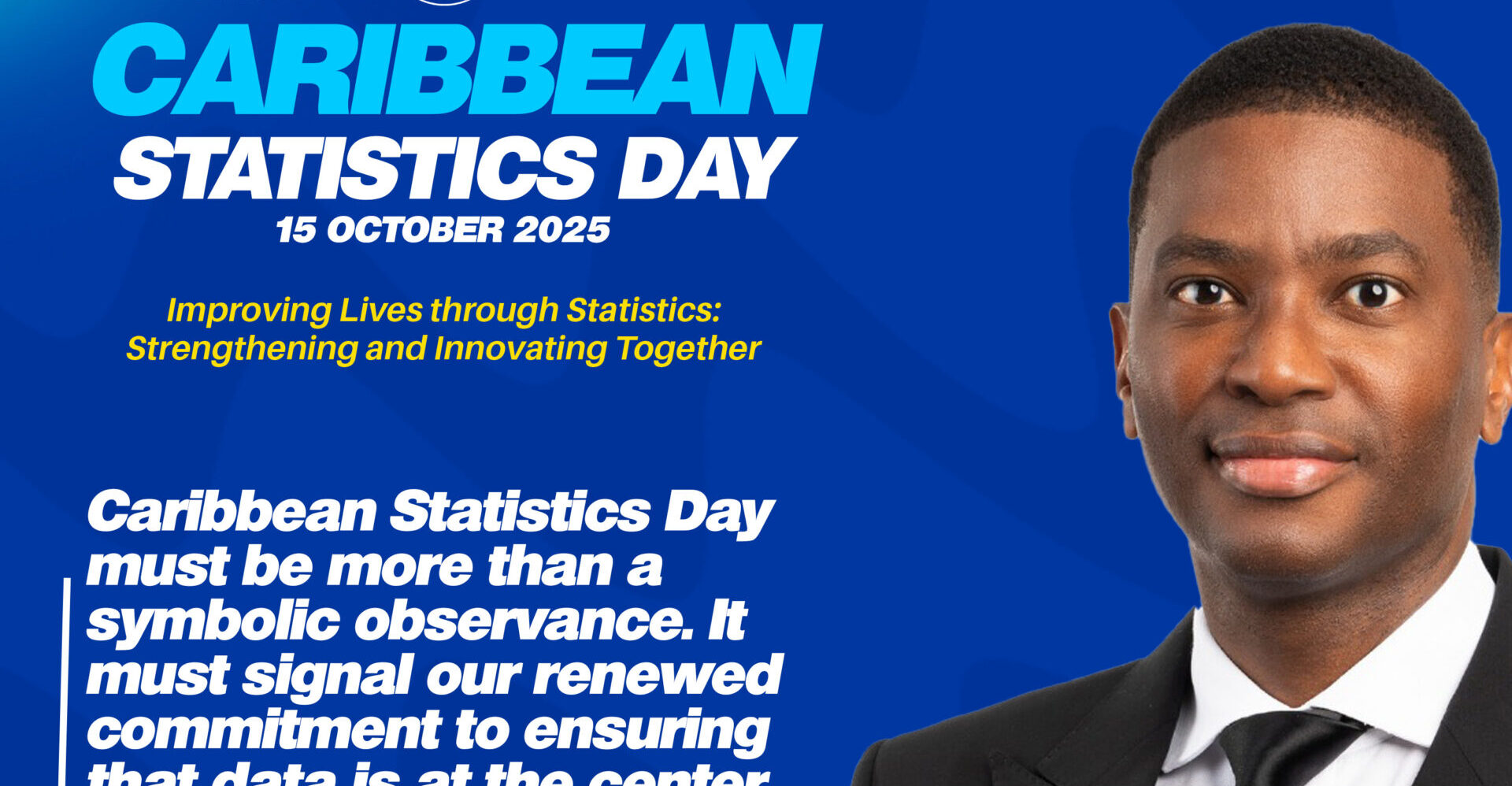
STATEMENT: Hon. Dickon Mitchell on Caribbean Statistics Day – A call to strengthen and innovate together
As the Caribbean commemorates the 17th Observance of Caribbean Statistics Day, the 2025 theme, “Improving Lives through Statistics, Strengthening and Innovating Together,” underscores the region’s unwavering dedication to leveraging data for sustainable development. This year’s focus highlights the indispensable role of statistics in evidence-based decision-making, regional integration, and equitable growth. In an era marked by global and regional challenges—from climate resilience to economic transformation—robust statistical systems are pivotal in shaping responsive policies and fostering transparency, innovation, and inclusivity. The observance serves as both a celebration of achievements and a call to action for enhancing statistical capacity across the Caribbean. Collaboration and innovation are essential to ensuring that statistics continue to guide progress and improve lives. At the recent 80th Session of the United Nations General Assembly, Caribbean leaders emphasized the paradoxes faced by small island states: vulnerability to external shocks juxtaposed with resilience and innovation. Education, digital literacy, and the integration of science and technology are key to transforming these challenges into opportunities. Across the region, significant strides have been made in statistical development, supported by partnerships with international organizations such as the CARICOM Secretariat, the United Nations, the European Union, the World Bank, and others. Initiatives like the OECS Data for Decision-Making Project have catalyzed advancements in data collection, analysis, and dissemination. Grenada, for instance, has invested in digitizing statistical records, strengthening institutional frameworks, and embedding data-driven approaches in policy design across sectors such as social protection, renewable energy, and climate adaptation. The intersection of advanced technologies—such as artificial intelligence, remote sensing, and geographic information systems—with statistics presents transformative opportunities. These tools can revolutionize data collection and analysis, enabling real-time insights for climate adaptation, food security, and labor market policies. Open access to data empowers civil society, academia, and the private sector to contribute meaningfully to development. Disaggregated data ensures that no group is overlooked in policy responses, fostering inclusive and equitable development. As the CARICOM Lead Head for Science and Technology, Grenada reaffirms its commitment to innovation and the strengthening of regional statistical systems. By harmonizing standards, investing in technology, and promoting data sharing, the Caribbean can build a resilient, inclusive, and data-driven future. Caribbean Statistics Day is not merely symbolic—it is a reaffirmation of the region’s resolve to place data at the heart of its integration and sustainable development agenda. Together, the Caribbean can create a future where every policy is evidence-based, every community benefits from innovation, and every citizen experiences the impact of progress.
-
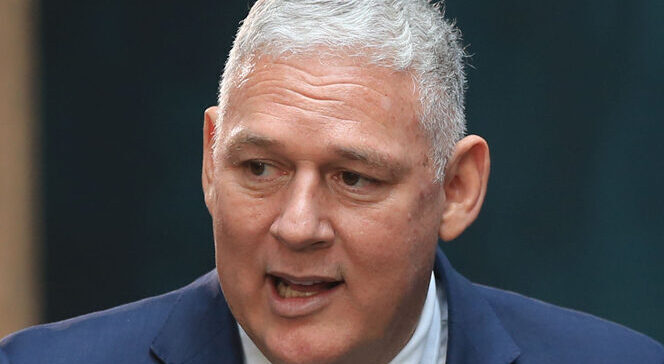
CCJ dismisses former St Lucia PM Allen Chastanet’s appeal in case against sitting Deputy PM, Dr Ernest Hilaire
In a landmark ruling on October 15, 2025, the Caribbean Court of Justice (CCJ) dismissed an appeal filed by former Saint Lucian Prime Minister Allen Chastanet, marking the culmination of a contentious legal battle. The appeal sought to challenge the discontinuation of criminal proceedings against Saint Lucia’s current Deputy Prime Minister, Dr. Ernest Hilaire, over allegations dating back to 2020. The case centered on claims that Dr. Hilaire failed to present a commercial invoice for a vehicle imported during his tenure as High Commissioner in London. Following a change in government and mediation efforts, the Saint Lucian Customs Comptroller opted to halt the prosecution, a decision later approved by a Magistrate. Chastanet contested this move, arguing that the Director of Public Prosecutions (DPP) had assumed control of the case by January 2021 and that only the DPP had the constitutional authority to discontinue proceedings. He further alleged that the decision was politically motivated and an abuse of power. However, both the High Court and the Court of Appeal rejected his judicial review application, a stance upheld by the CCJ. The CCJ, led by Mr. Justice Eboe-Osuji and supported by President Anderson and Justices Rajnauth-Lee, Barrow, and Ononaiwu, ruled that there was insufficient evidence to prove the DPP had taken over the case. The Court emphasized that the DPP had never claimed responsibility, and the Magistrate’s approval of the withdrawal rendered it a judicial act, immune to challenge. Justice Barrow highlighted inconsistencies in Chastanet’s arguments, noting the illogicality of seeking to reinstate a case he claimed the Comptroller had no authority to withdraw. The appeal was dismissed without costs, with Chastanet represented by a team including Mr. Garth Patterson KC and the respondents by Mr. Anthony Astaphan KC and Mr. Seryozha Cenac.


